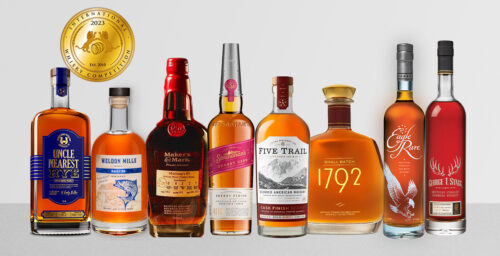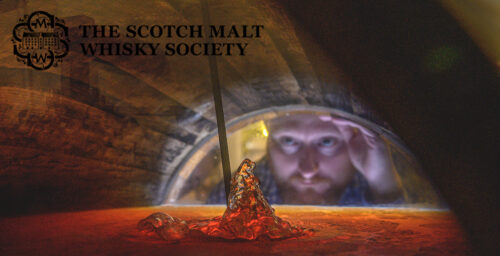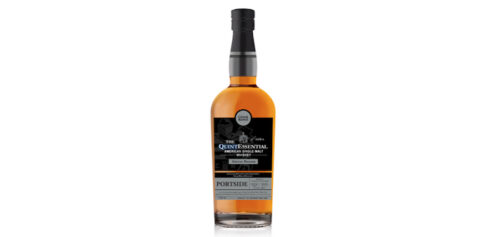As 2019 drew to a close and 2020 loomed on the horizon, the future of distilling has never looked brighter, with Scotland’s first rye whisk(e)y being produced near Arbroath and an explosion of Scottish distilleries appearing across the land. What 2020 holds for the Scottish industry is a question on everyone’s mind. With Scotch whisky established as a global product, the opening of the Johnny Walker centre in Edinburgh could be seen as ‘big whisky’ making sure it isn’t forgotten. However, you also have distilleries like Raasay, Eden Mill and Arbeike coming onto the market. Some of these distillers offer private cask ownership schemes and produce gins, vodkas or beer as ways of generating income in the short term while their single malts mature.
Arbiike, for example, focus on promoting Scottish produce and source a wide variety of their ingredients locally. This is a welcome sight for drinkers looking for something unusual. Just as beer drinkers now look at the types of hops and cask used when choosing their beer, whisky drinkers are also looking for unusual cask types, different barley or different maturation and distillation techniques when choosing whiskies.
In the past, the purchase of whole casks tended to be done by wealthy private individuals for their own use. Now, casks are being laid down for family members’ 18th or 21st birthdays and are also being bought by consortiums.
Greater transparency in the distillation process is another sign that times are changing. Distillers are actively advertising that their products are non-chill filtered or do not contain the dreaded caramel that has become so common in the industry. In addition to these new distilleries seeking to change the pro forma you also have the likes of GlenMorangie pushing money into researching and developing wood management for example, a key resource. Looking towards the behemoth that is Macallan nestled deep in Speyside they have created a new distillery unlike any other ever seen, vast rolling hills hiding stills.
These new distillers are also changing the market through better communication with bartenders and members of the public. When new distilleries open, distillers invite people to buy shares in them. One example of this is the shares available in Brewdog’s new distillery near Elgin, Lone Wolf. This brings back the concept of distilling as a family business and a part of the community.
As well as building new distilleries, there has been a surge of interest in re-opening so called “ghost distilleries” like Rosebank. When the Holyrood distillery opened this year, single malt whisky was produced in Edinburgh for the first time in almost 100 years. This distillery is not owned by any of the big companies and shows that new distillers are determined to make their mark on the industry.
In addition to distillers appearing in Scotland seeking to change the norm, we have distillers appearing across the world ranging from Kanvalan in Taiwan to Paul John in India. Such distillers take the tried and tested Scottish model and use it to create products that win awards globally.
All types of distiller – old-established and new, large and small, Scottish and foreign – are focussed on innovation and pleasing customers. This means there will be plenty for whisky-lovers to look forward to in 2020.








